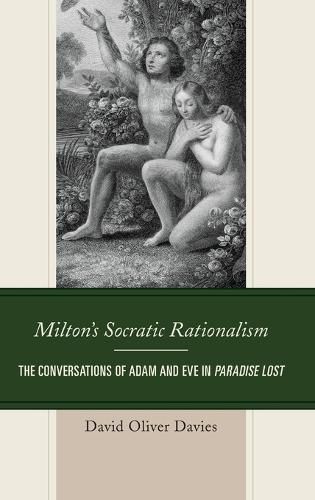Readings Newsletter
Become a Readings Member to make your shopping experience even easier.
Sign in or sign up for free!






$9.00 standard shipping within Australia
FREE standard shipping within Australia for orders over $100.00
Express & International shipping calculated at checkout